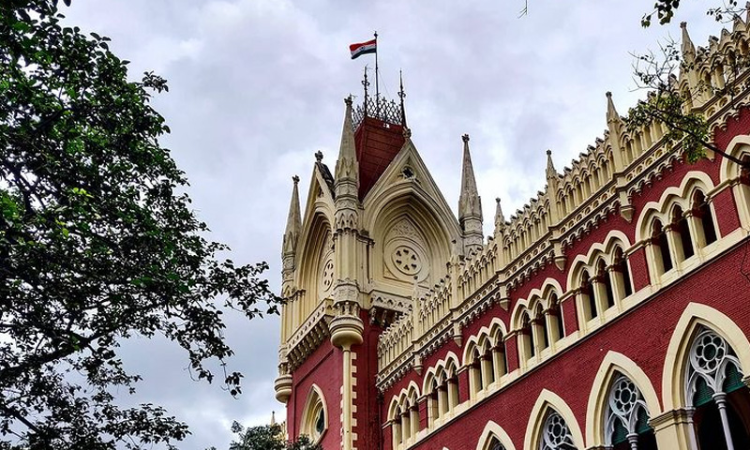The Calcutta High Court has held that the GST department cannot issue notice to the advocate appearing on behalf of the assessee.The bench of Chief Justice T. S. Sivagnanam and Justice Hiranmay Bhattacharyya has observed that Sections 126 and 129 of the Evidence Act protect communications between a lawyer and a client made during the lawyer's employment. It is a settled legal position that...

